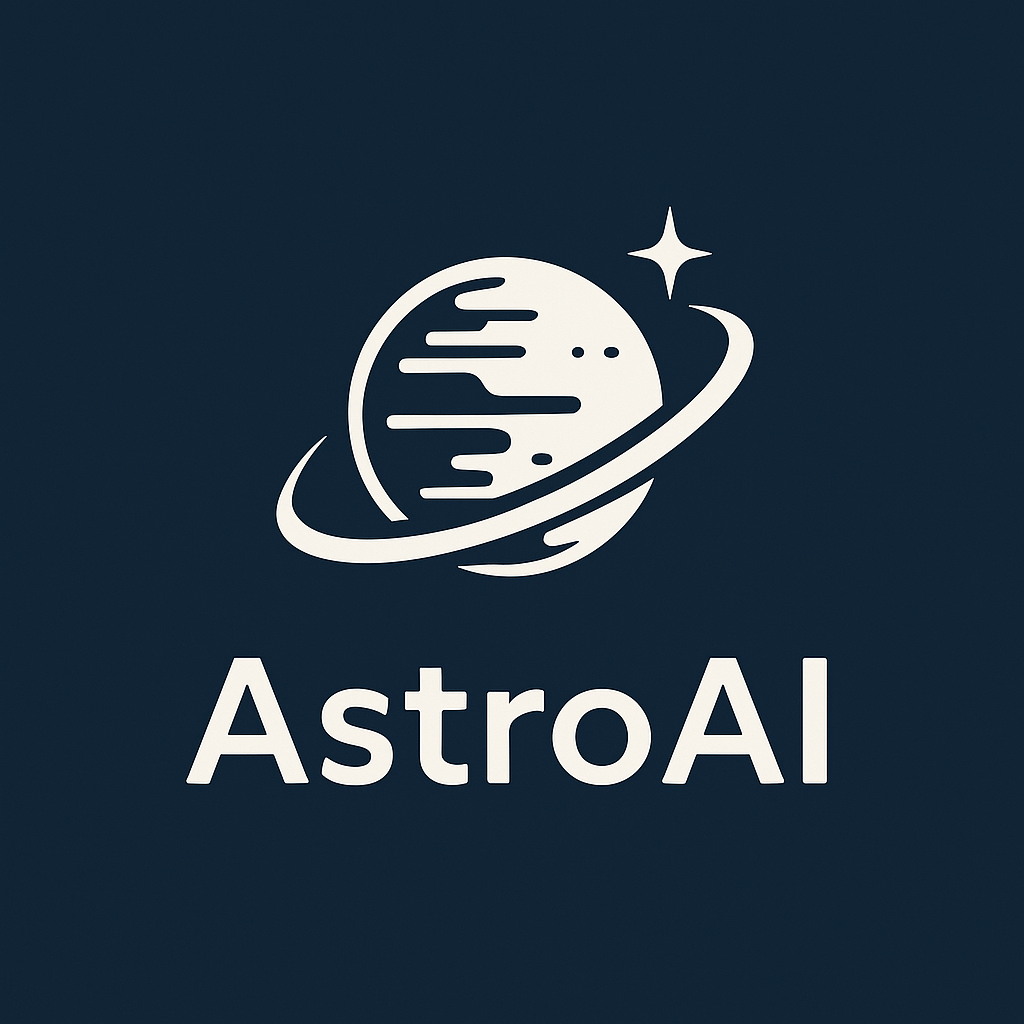
AstroAI is an AI-driven initiative designed to evaluate the habitability potential of newly discovered exoplanets. The core goal of this project is to move beyond the limitations of traditional chatbot models, which tend to provide isolated data about specific exoplanets. Instead, AstroAI compares lesser-known planets with better-documented ones using criteria such as their position relative to the habitable zone (Goldilocks zone), size and mass (which affect atmospheric retention), and atmospheric composition (presence of elements like oxygen or hydrogen). By doing so, AstroAI can generate more informed and contextually rich assessments of habitability.
So far, I have completed the initial prototype. It integrates a large language model (currently Mistral) and generates analytical summaries of habitability based on a carefully structured prompt. This prototype successfully demonstrates the core idea—using reference-based reasoning to bridge gaps in planetary data. However, the implementation is currently quite slow and lacks real-time interactivity. This performance bottleneck has highlighted the need for a more responsive, custom-built AI engine tailored to this specific use case.

Looking ahead, my immediate goals are to improve the model’s performance and transition from a prompt-dependent chatbot into a more autonomous AI system. This includes potentially fine-tuning a language model on exoplanetary data and integrating clustering algorithms to identify reference planets more efficiently. Eventually, AstroAI could serve as a valuable tool for astronomers, educators, and the curious public—bridging the divide between raw planetary data and meaningful insight.
Leave a Reply